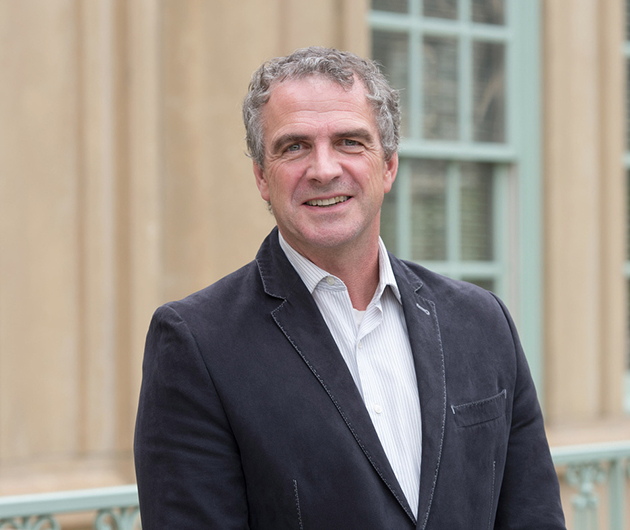BSc (Trent), MA (Tor), PhD (Cantab)
Ian Stewart joined King’s in 1995 as a teaching fellow in the Foundation Year Program (FYP). Back in the 80s, mid-way through his undergraduate degree in physics, he realized that the sciences interested him more from the perspectives of philosophical, historical and sociological analysis. After completing his BSc (Hons) at Trent University, he studied in the field of history and philosophy of science at Toronto (MA), and at Cambridge (PhD).
Ian is an Associate Professor of Humanities, teaching in both the History of Science and Technology Program and the Foundation Year Program; his courses are usually cross-listed with several other programs and departments at King’s and Dalhousie, respectively, and in any given year topics span everything from theories of the body in ancient Greek medicine to contemporary debates about the ‘Anthropocene’. He is also adjunct professor at Dalhousie University’s Department of Classics, the Marine Affairs Program, and cross appointed to the College of Sustainability.
He is drawn to research projects that explore the epistemic boundaries of natural, social and human sciences as they collectively tackle complex challenges. He was Co-PI of a pan-Canadian project building a network of social science/humanities scholars working on environmental impact assessment methodologies and policies. He currently is Chair of the Research Advisory Committee for the Ocean Frontier Institute’s CFREF-funded Transforming Climate Action (TCA) project, where he also co-leads a sub-project within TCA, TranSECT (Transformative Adaptations to Socio-Ecological Climate Change Trajectories). He also leads a small team of researchers funded by OFI, exploring academia’s contributions to Nova Scotia’s aspirations to develop offshore wind energy projects.
Here is a list of Ian Stewart’s most recent work [PDF].
Research interests
- Renaissance and early-modern natural philosophies
- History of the universities
- Public understanding of science–past and present
- Social sciences and humanities dimensions to impact assessment theory and practice


